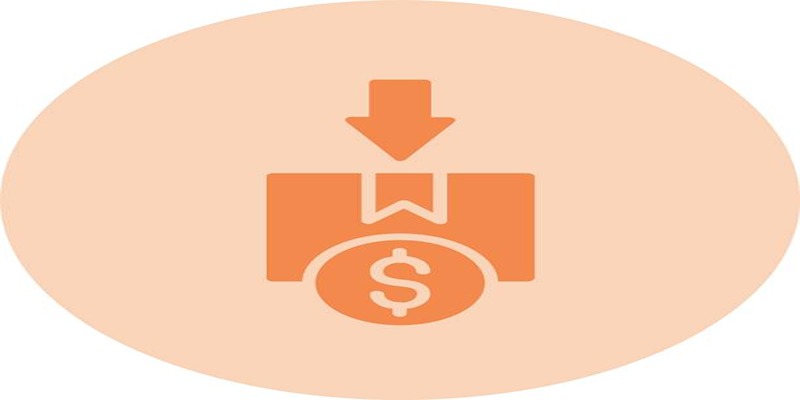Estate planning can seem like a complex subject, especially when you hear terms like "estate" and "trust" being thrown around. These two are central components in managing assets and securing your financial future, but they are often misunderstood or used interchangeably despite being quite different.
Understanding the difference between an estate and a trust is critical for successful estate planning. It ensures that your wishes are respected and your loved ones are protected once the time has arrived. Let us take a look at the definition of estate and trust, how they are different, and how each is involved in managing wealth and assets.
What is an Estate?
In its simplest form, an estate refers to all of the assets and liabilities that a person leaves behind after passing away. This includes everything they own—real estate, vehicles, savings, investments, and even debts. Really, your estate is all the things that reflect your monetary value at death.
When someone passes away, their estate undergoes a legal process called probate. Through this process, the authenticity of their will is established, and their property is transferred as per their wishes (if they left a will). If they die without a will, their property is distributed as the state laws dictate. Probate may, at times, be time-consuming and costly, particularly if the estate is large or there are disagreements over the distribution of property.
The estate may contain any indebtedness you happen to have on hand at the time of death that must be cleared up before other assets can pass through. These include mortgages, car loans, credit card debt, and taxes. Only once the debts are paid off can beneficiaries get their share of the estate.
The primary advantage of an estate is that it is the default system for managing one’s assets after death. However, because the process can be time-consuming and open to public scrutiny, many people look for alternatives like trusts to ensure smoother, quicker distribution of their assets.
What is a Trust?
A trust is a legal entity created to manage and protect assets for the benefit of someone else. Unlike an estate, a trust allows for assets to be transferred during a person's lifetime or after their death without going through the probate process. The person who creates the trust (known as the "grantor" or "settlor") transfers ownership of assets to a trustee, who then manages and distributes those assets based on the instructions set out in the trust document.

There are different types of trusts, but the two most common are revocable and irrevocable trusts. A revocable trust allows the grantor to retain control over the assets and modify the terms of the trust during their lifetime. This flexibility can be beneficial if circumstances change, but it also means that the trust assets can be subject to estate taxes and creditors.
On the other hand, an irrevocable trust cannot be altered once established, and the assets are removed from the grantor's estate. This can offer significant tax benefits, protect assets from creditors, and allow for more privacy, as the trust does not go through probate.
Trusts offer several advantages over an estate. One of the most significant benefits is the ability to bypass probate, which can be a lengthy and public process. Trusts also allow for more privacy, as the terms and distribution of assets are typically not made public. Moreover, trusts can be tailored to address specific needs, such as providing for minor children or individuals with special needs.
Estate vs. Trust: Key Differences
Now that we understand the basics of estates and trusts, let's explore their key differences. While both play essential roles in estate planning, they each have their advantages and limitations.
Probate Process:
One of the most significant differences between an estate and a trust is the probate process. As mentioned earlier, estates must go through probate, which can be a lengthy process that ties up assets for months or even years. This can delay the distribution of assets to heirs and beneficiaries. A trust, however, bypasses the probate process, allowing assets to be distributed much more quickly and privately.
Control and Flexibility:
With an estate, control over assets is transferred to heirs and beneficiaries once the probate process is complete. If no will is present, the distribution is typically governed by a will or state laws. A trust, on the other hand, allows the grantor to maintain more control over how and when assets are distributed, even after their death. Trusts can be tailored to meet specific needs, such as giving funds for education or medical expenses or protecting assets from creditors.
Privacy:

Estates are subject to probate, which is a public process. This means that the details of the deceased’s estate, including the beneficiaries and the value of assets, can become a matter of public record. Trusts, however, are private arrangements, and the details of the trust are not subject to public disclosure.
Asset Protection:
Trusts, particularly irrevocable trusts, offer a higher level of asset protection compared to estates. Since the grantor no longer owns assets in a trust, they are generally not subject to creditors or lawsuits. An estate, on the other hand, is still considered part of the deceased's assets and may be vulnerable to claims from creditors.
Conclusion
Estate and trust planning are essential tools for managing assets and ensuring financial security for loved ones. While an estate covers all assets and goes through probate, a trust offers more control, privacy, and quicker distribution. Trusts can protect assets and bypass legal delays, making them a valuable option for many. The choice between an estate and a trust depends on individual needs, financial goals, and family circumstances. Proper planning with expert guidance can help create a strategy that aligns with your wishes, ensuring a smooth transition of wealth while minimizing complications for your beneficiaries in the future.












